Home>Gardening & Outdoor>Landscaping Ideas>What Kind Of Vinegar Kills Grass
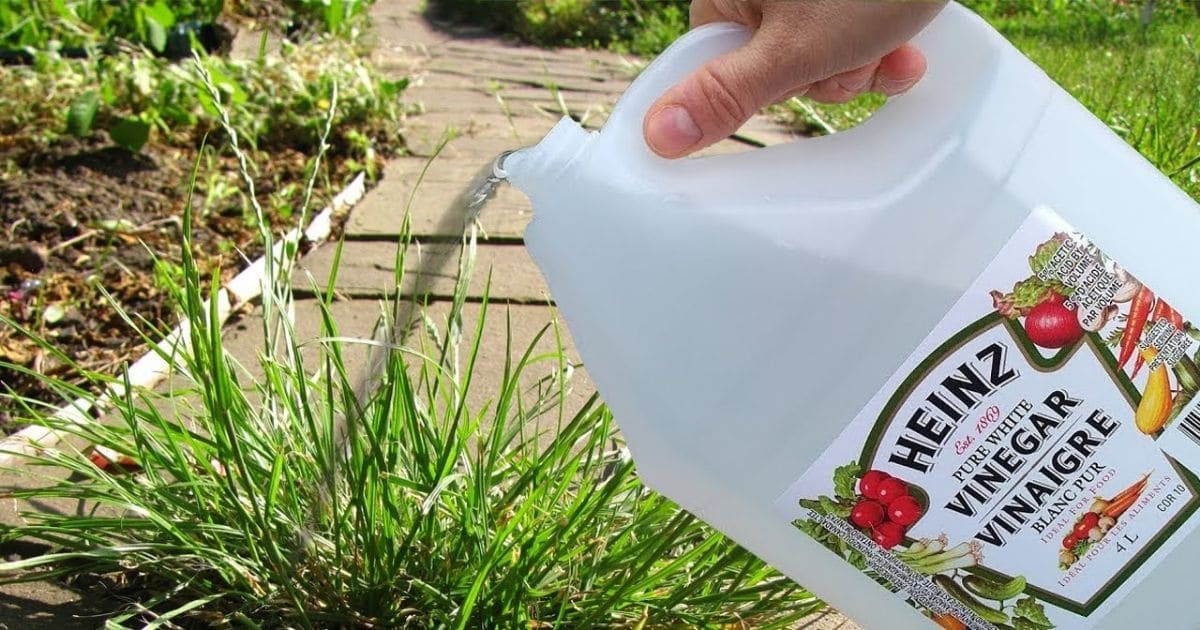

Landscaping Ideas
What Kind Of Vinegar Kills Grass
Modified: March 28, 2024
Discover effective landscaping ideas using vinegar to kill grass. Learn how to use different types of vinegar for your yard maintenance. Explore more tips now!
(Many of the links in this article redirect to a specific reviewed product. Your purchase of these products through affiliate links helps to generate commission for Storables.com, at no extra cost. Learn more)
Introduction
When it comes to maintaining a lush and healthy lawn, it’s important to be mindful of the products and substances that can potentially impact its well-being. One common query that arises in the realm of lawn care is the effect of vinegar on grass. Vinegar, a pantry staple known for its diverse applications, has garnered attention for its potential to serve as a natural herbicide. However, not all types of vinegar are created equal, and the concentration of acetic acid, the active ingredient in vinegar, plays a crucial role in determining its impact on grass.
Understanding the nuances of vinegar and its interaction with grass is essential for homeowners and gardening enthusiasts seeking environmentally friendly and cost-effective methods to tackle unwanted vegetation. In this comprehensive guide, we will explore the types of vinegar, delve into the significance of acetic acid concentration, and provide insights into the application of vinegar on grass. By the end of this journey, you will be equipped with the knowledge to make informed decisions about using vinegar as a potential grass-killing agent while nurturing a thriving lawn.
Key Takeaways:
- Vinegar can be used to kill grass, but the type and concentration matter. Household vinegar may work for small areas, while horticultural vinegar with higher acetic acid content is better for larger infestations.
- Applying vinegar to grass requires caution and precision. It’s a natural and eco-friendly option, but it’s important to consider the surrounding plants and use the right concentration for effective results.
Read more: How To Kill Grass With Vinegar
Types of Vinegar
Vinegar, a versatile liquid derived from the fermentation of ethanol, exists in various forms, each distinguished by its unique composition and culinary or household applications. When considering the potential impact of vinegar on grass, it’s essential to recognize the differences between these types:
- White Vinegar: Also known as distilled vinegar, white vinegar is a clear liquid made from the fermentation of distilled alcohol. With an acetic acid concentration typically ranging from 5% to 7%, it is a potent household cleaner and a popular choice for culinary purposes.
- Apple Cider Vinegar: This amber-hued vinegar is derived from fermented apple juice. It is often lauded for its potential health benefits and is favored for its milder flavor profile. The acetic acid content in apple cider vinegar can vary, with some formulations containing 5% acidity.
- Red Wine Vinegar: Produced through the fermentation of red wine, this vinegar boasts a robust flavor profile and is a staple in salad dressings and marinades. Its acetic acid concentration typically hovers around 6%.
- Balsamic Vinegar: Originating from Italy, balsamic vinegar undergoes a meticulous aging process, resulting in its rich, syrupy consistency and complex, sweet-tart flavor. Its acetic acid content can vary widely, with traditional balsamic vinegar boasting a higher concentration due to its prolonged aging.
- Rice Vinegar: Commonly used in Asian cuisine, rice vinegar is crafted through the fermentation of rice wine. With a milder taste compared to other vinegars, it is available in seasoned and unseasoned variants, often featuring an acetic acid concentration of around 4% to 5%.
While these are some of the most prevalent types of vinegar, their diverse compositions and applications underscore the need for discernment when considering their potential impact on grass and surrounding vegetation.
Acetic Acid Concentration
At the heart of vinegar’s herbicidal potential lies acetic acid, a compound known for its desiccant properties that can effectively target and eliminate unwanted plant matter. The concentration of acetic acid in vinegar is a pivotal factor that determines its efficacy as a grass-killing agent. Understanding the significance of acetic acid concentration is essential for gauging the potential impact of vinegar on grass and making informed decisions regarding its application.
Generally, household vinegar, including white vinegar and apple cider vinegar, typically contains acetic acid in the range of 5% to 7%. While this concentration is suitable for culinary and household cleaning purposes, it may not suffice as a potent herbicidal agent for eradicating established grass and weeds. For more robust herbicidal effects, horticultural vinegar, also known as agricultural vinegar or horticultural-grade vinegar, is available with significantly higher acetic acid concentrations, often exceeding 20%.
Horticultural vinegar, with its elevated acetic acid content, presents a formidable option for those seeking a natural and non-selective herbicide to combat persistent vegetation. However, it is crucial to exercise caution and adhere to safety guidelines when utilizing high-concentration vinegar, as its potent nature necessitates responsible handling and application practices to mitigate unintended harm to desirable plants and the surrounding ecosystem.
When contemplating the use of vinegar to address grass-related concerns, it is imperative to consider the acetic acid concentration that aligns with the specific requirements of the task at hand. Whether opting for standard household vinegar for minor weed control or exploring horticultural vinegar for more robust herbicidal action, a nuanced understanding of acetic acid concentration empowers individuals to leverage vinegar effectively while safeguarding the health and vibrancy of their lawn and garden.
To kill grass with vinegar, use white vinegar with a high acidity level (at least 5%). Mix it with water and a few drops of dish soap, then spray it directly onto the grass on a sunny day. Be careful not to spray any plants you want to keep.
Application of Vinegar on Grass
As an environmentally friendly and cost-effective alternative to conventional herbicides, vinegar has garnered attention for its potential to address unwanted vegetation, including grass, in a natural and non-toxic manner. When contemplating the application of vinegar on grass, several considerations and best practices come to the forefront, guiding individuals toward effective and responsible usage.
Before initiating the application of vinegar as a grass-killing agent, it is crucial to assess the specific areas requiring treatment. Vinegar-based herbicides are non-selective, meaning they can impact any vegetation they come into contact with. As such, precision and care are essential to avoid unintended damage to desirable plants and greenery adjacent to the targeted grassy areas.
When utilizing household vinegar with a standard acetic acid concentration of 5% to 7%, it is typically recommended to employ it as a spot treatment for isolated patches of grass or weeds. Directly applying vinegar to the foliage of the unwanted vegetation on a warm and sunny day can enhance its herbicidal efficacy, as the heat aids in the desiccation process, accelerating the wilting and eventual demise of the treated plants.
For individuals seeking a more potent herbicidal solution to address larger areas of grass infestation, horticultural vinegar, with its elevated acetic acid content exceeding 20%, presents a viable option. When utilizing horticultural vinegar, stringent adherence to safety precautions and protective measures is imperative, given its potent nature and potential to cause harm if mishandled.
It is essential to exercise caution and prudence when applying vinegar-based herbicides, ensuring that the surrounding environment and desirable flora remain unharmed. Additionally, incorporating eco-friendly surfactants or additives can enhance the adherence and penetration of the vinegar solution, optimizing its herbicidal impact while minimizing runoff and unintended dispersion.
After applying vinegar to target grassy areas, monitoring the treated regions for signs of wilting and browning can provide insights into the herbicidal efficacy. While vinegar-based herbicides offer a natural and non-toxic approach to managing unwanted vegetation, it is important to acknowledge that multiple applications may be necessary to effectively address persistent grass growth.
By embracing a mindful and informed approach to the application of vinegar on grass, individuals can harness its herbicidal potential while upholding a commitment to environmental stewardship and the well-being of their outdoor spaces.
Conclusion
As we conclude our exploration of the impact of vinegar on grass, it becomes evident that vinegar, with its diverse types and acetic acid concentrations, presents a compelling natural alternative for addressing unwanted vegetation in outdoor spaces. From household vinegar commonly found in kitchens to horticultural-grade vinegar designed for robust herbicidal action, the nuanced variations in vinegar formulations underscore the importance of informed decision-making when considering its application on grass.
While the potential herbicidal effects of vinegar on grass are rooted in its acetic acid content, it is crucial to approach its usage with careful consideration and adherence to best practices. The non-selective nature of vinegar-based herbicides necessitates precision and mindfulness to prevent unintended harm to desirable plants and greenery in the vicinity of the treated areas.
By understanding the significance of acetic acid concentration and its correlation with herbicidal efficacy, individuals can tailor their approach to utilizing vinegar based on the specific requirements of their lawn and garden. Whether opting for household vinegar for targeted spot treatments or exploring horticultural vinegar for more expansive grass control, the responsible application of vinegar aligns with principles of environmental consciousness and sustainable landscaping practices.
Moreover, the application of vinegar on grass underscores the intersection of natural solutions and modern lawn care, offering a testament to the enduring appeal of eco-friendly alternatives in outdoor maintenance. As individuals navigate the realm of lawn care and vegetation management, the potential of vinegar as a grass-killing agent serves as a testament to the enduring relevance of time-honored remedies in contemporary landscaping practices.
Ultimately, the judicious use of vinegar as a grass-killing agent reflects a harmonious blend of tradition, innovation, and environmental stewardship, aligning with the aspirations of homeowners and gardening enthusiasts seeking to cultivate vibrant outdoor spaces while minimizing the ecological footprint of their maintenance endeavors.
Armed with a deeper understanding of vinegar’s impact on grass and the considerations that underpin its application, individuals are poised to make informed decisions that harmonize the pursuit of a thriving lawn with a commitment to sustainable and eco-conscious landscaping practices.
Frequently Asked Questions about What Kind Of Vinegar Kills Grass
Was this page helpful?
At Storables.com, we guarantee accurate and reliable information. Our content, validated by Expert Board Contributors, is crafted following stringent Editorial Policies. We're committed to providing you with well-researched, expert-backed insights for all your informational needs.
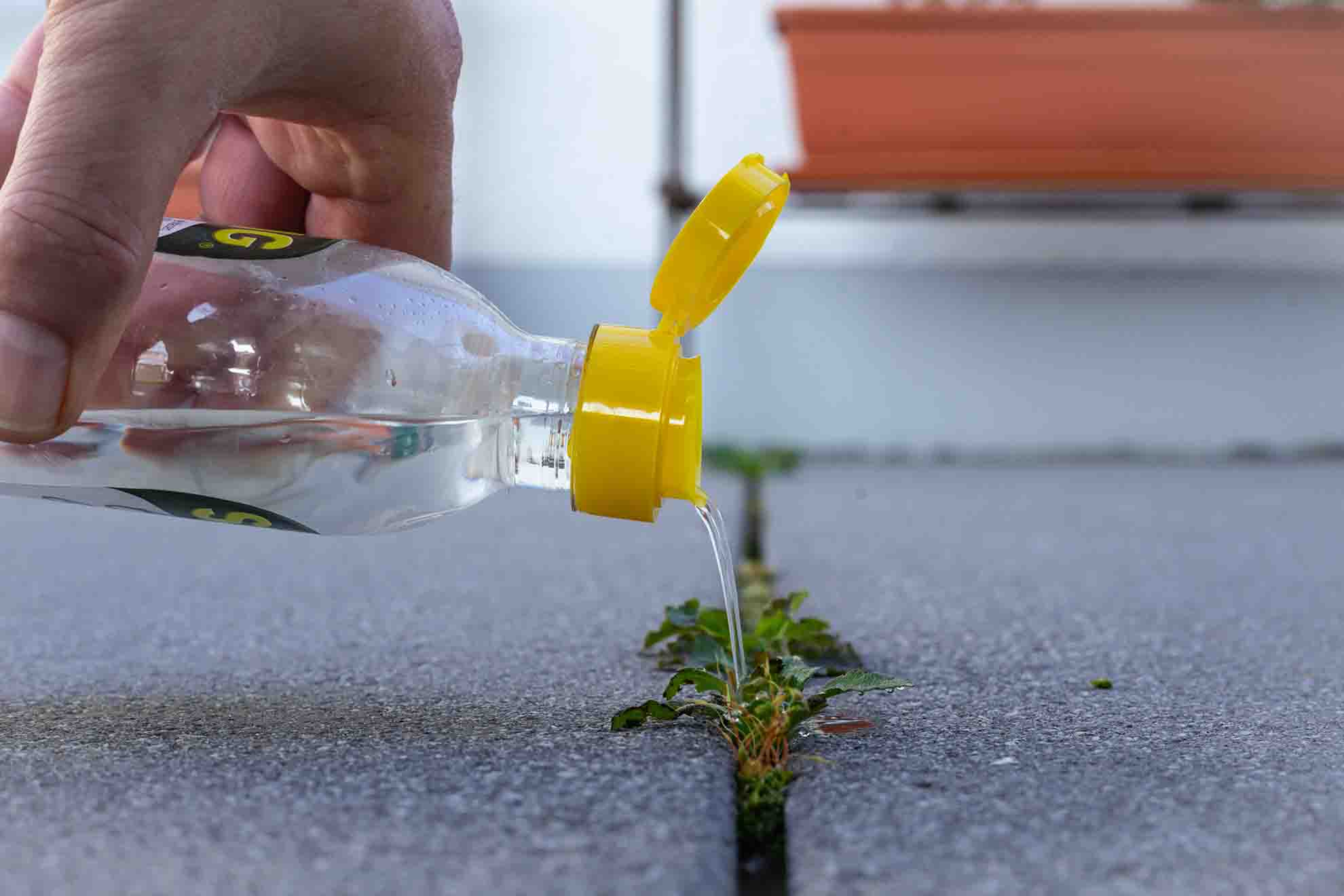
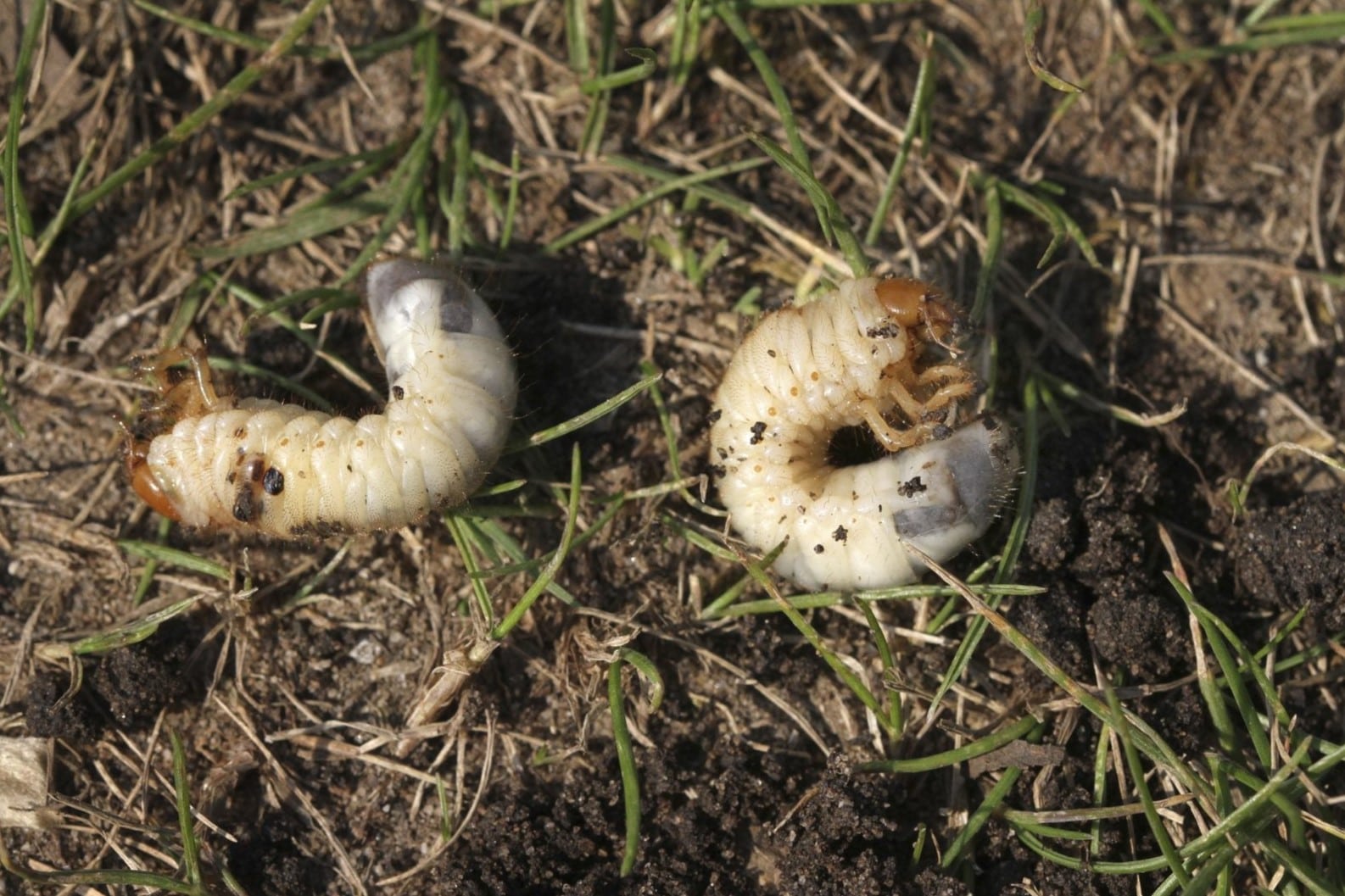
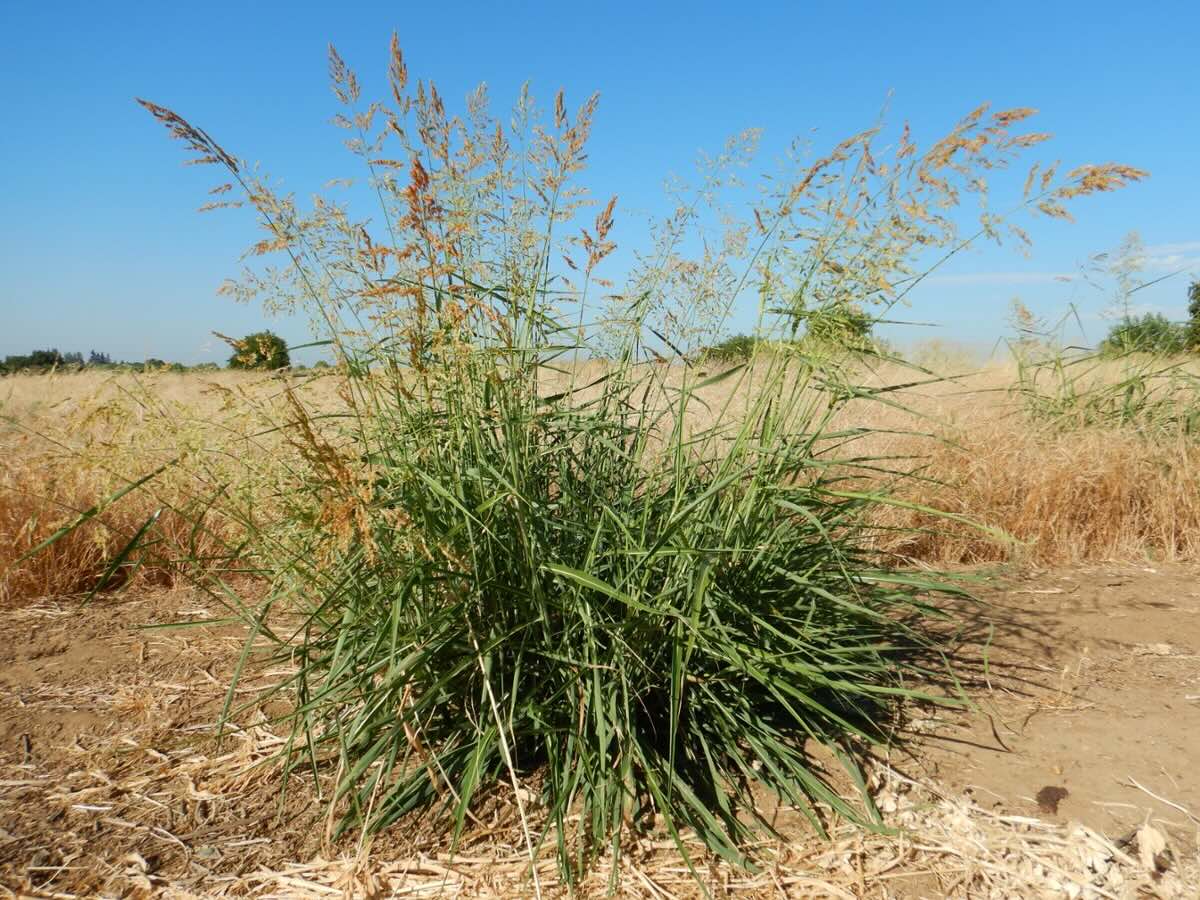
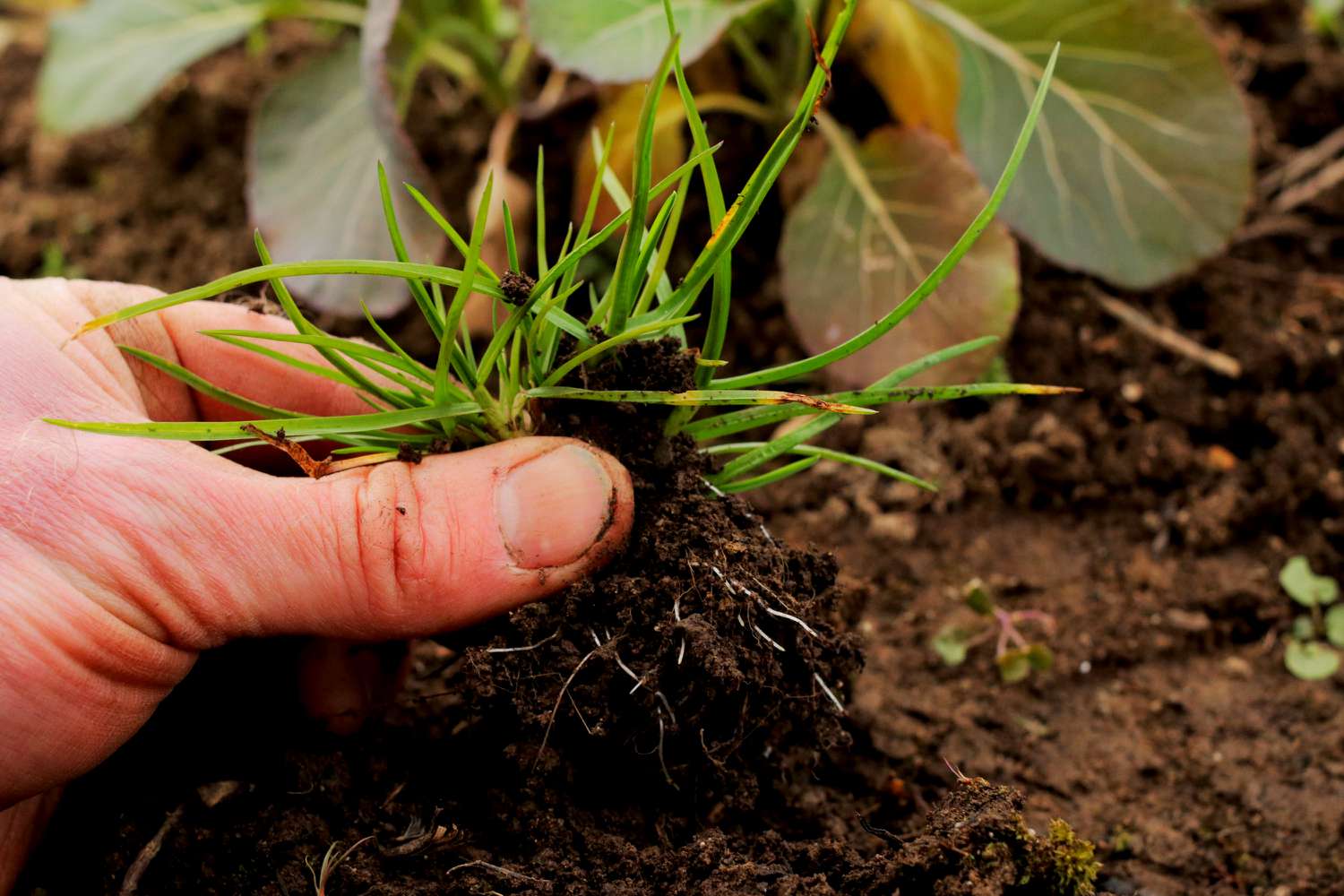
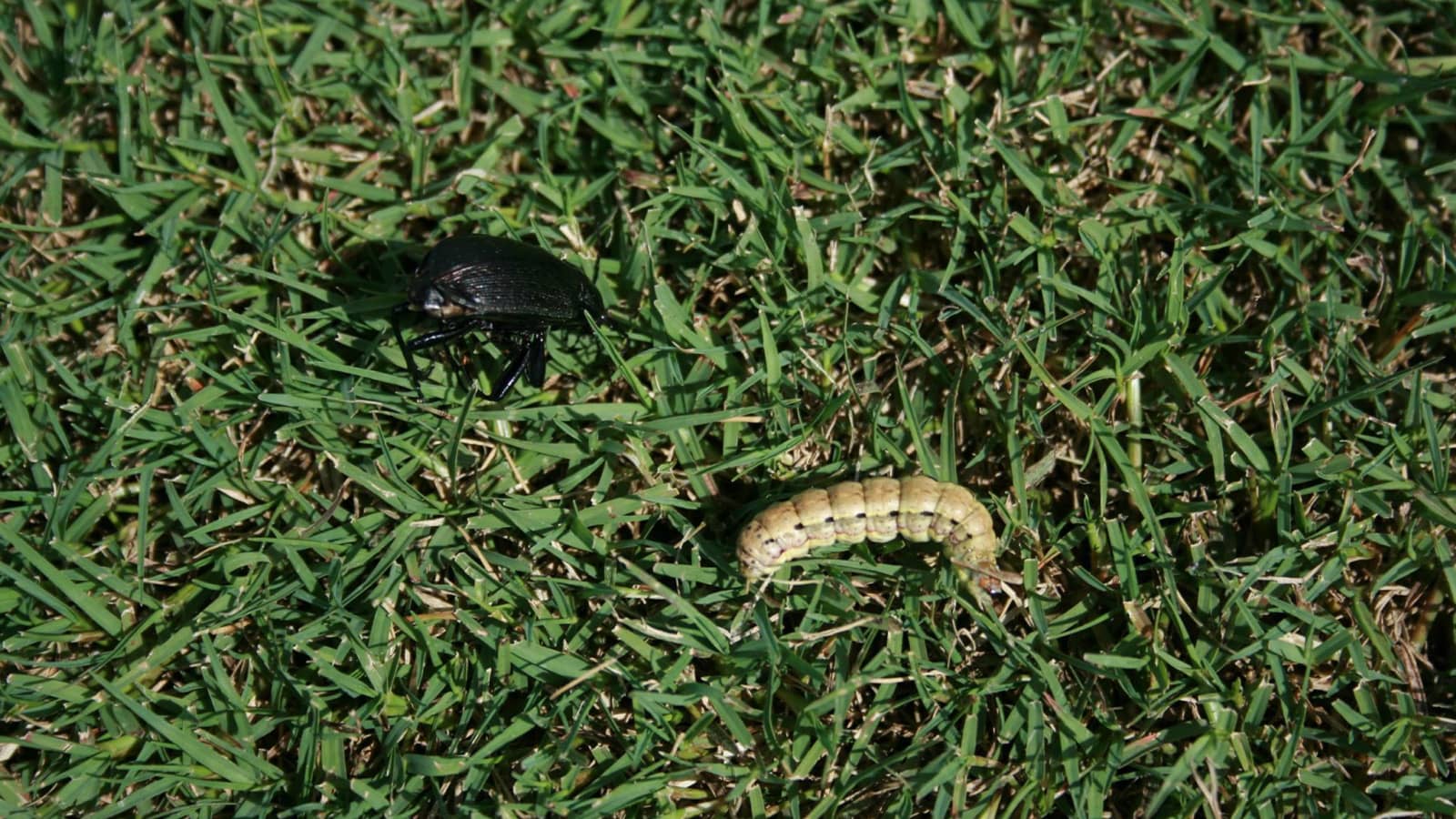
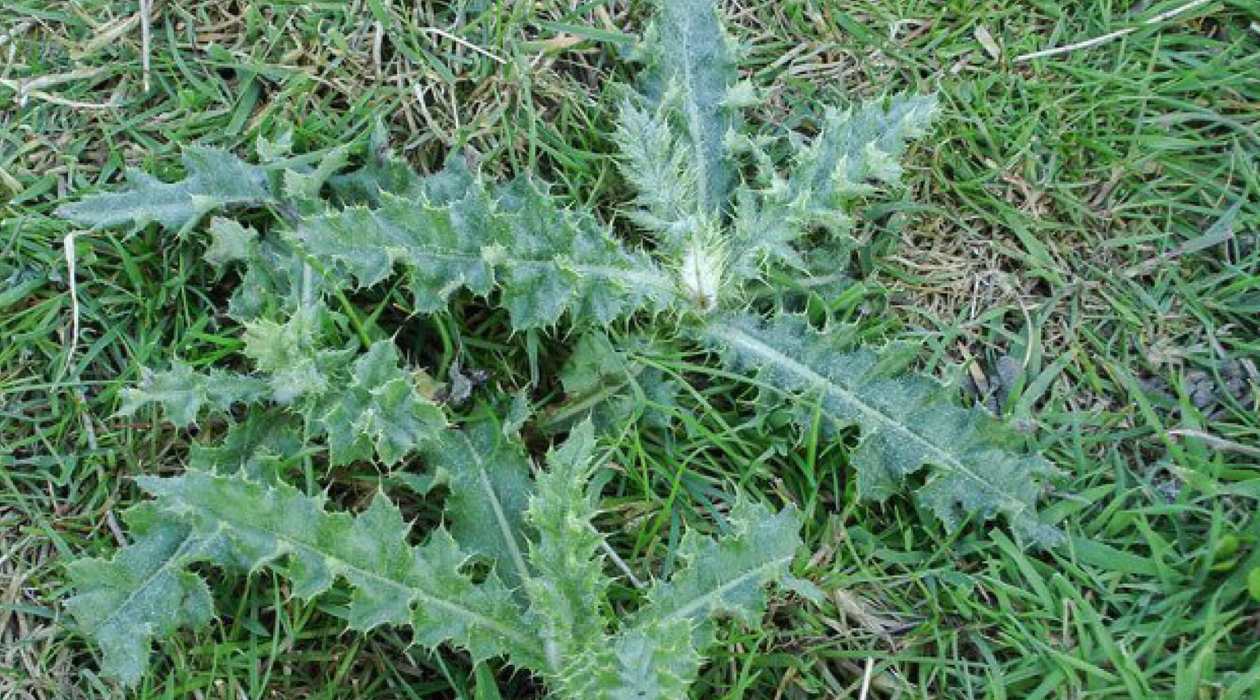
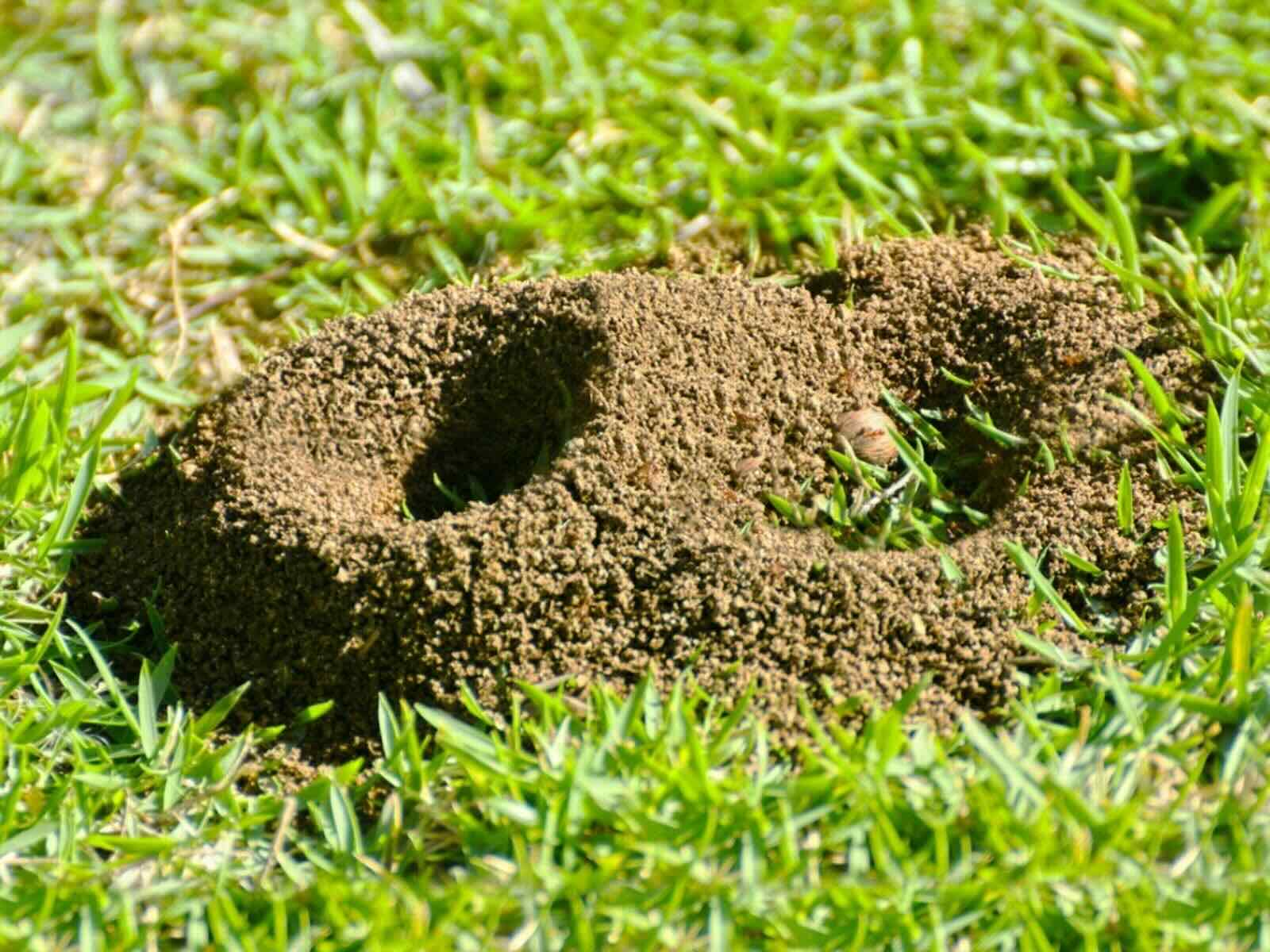
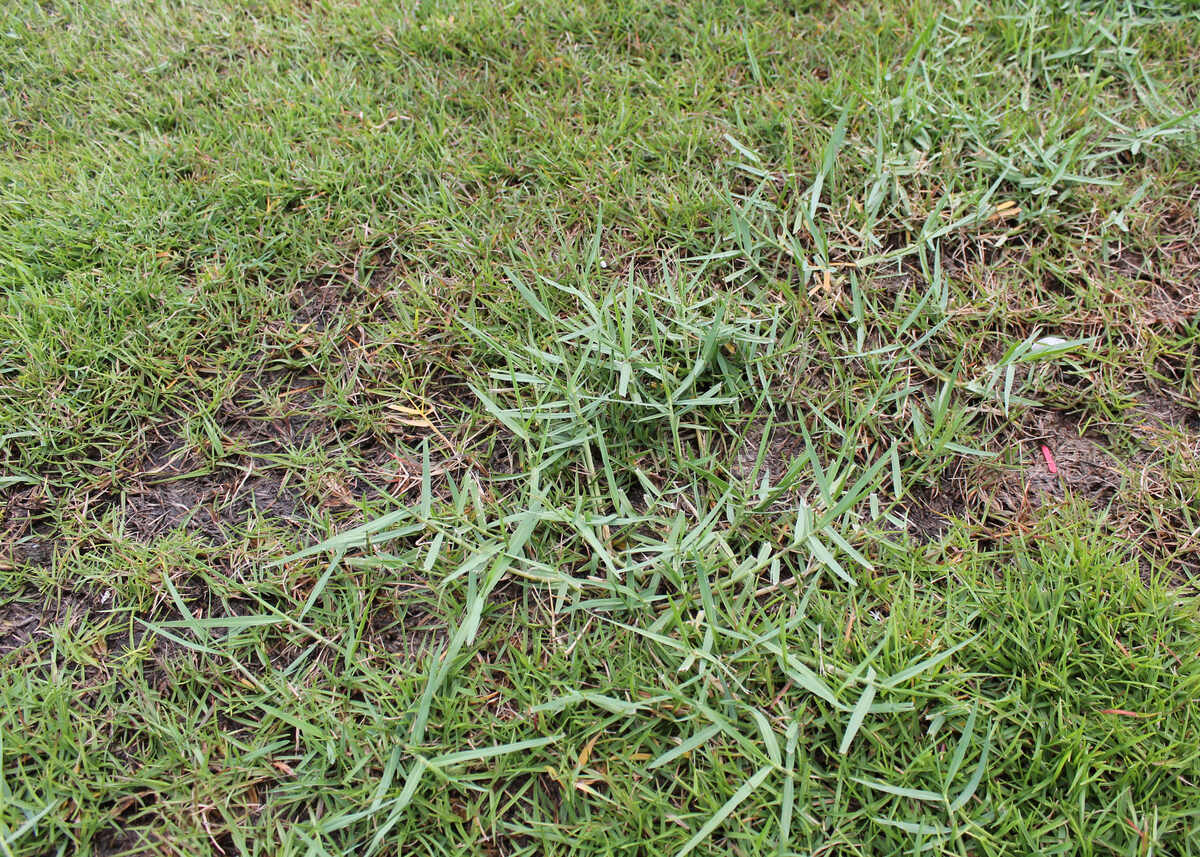
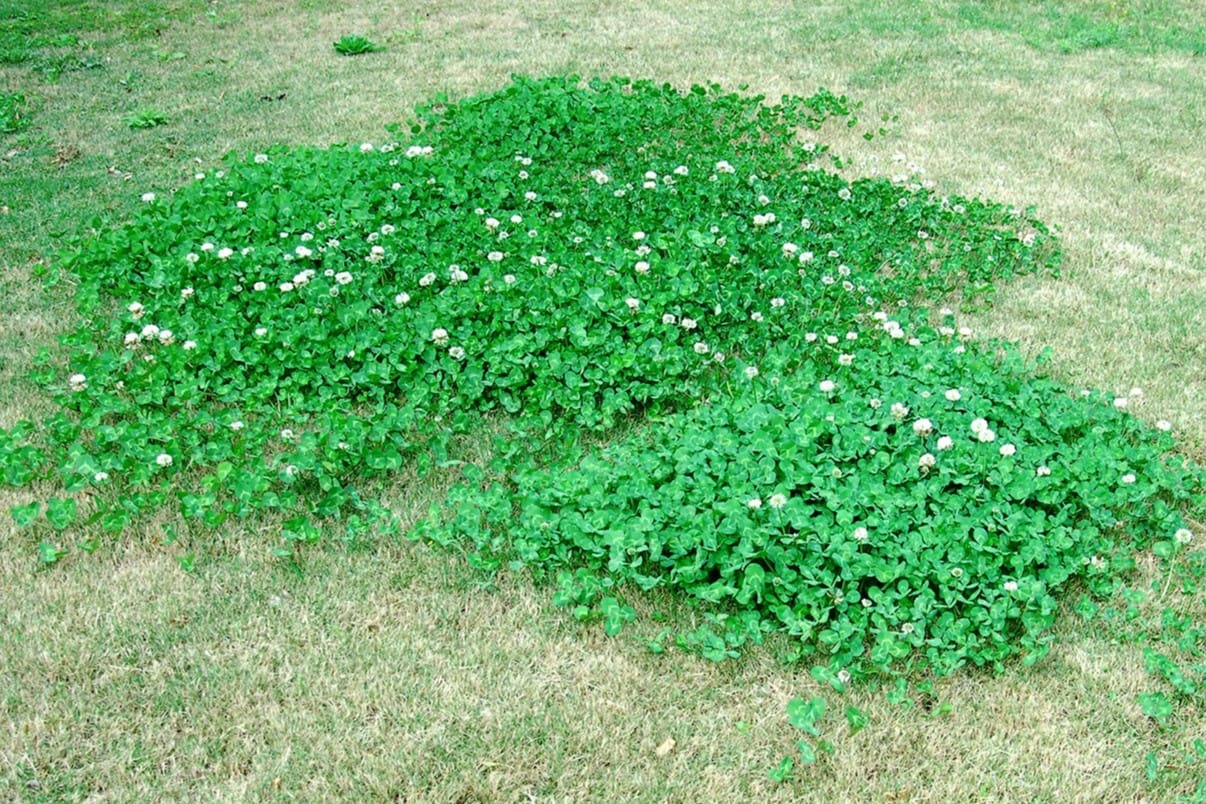
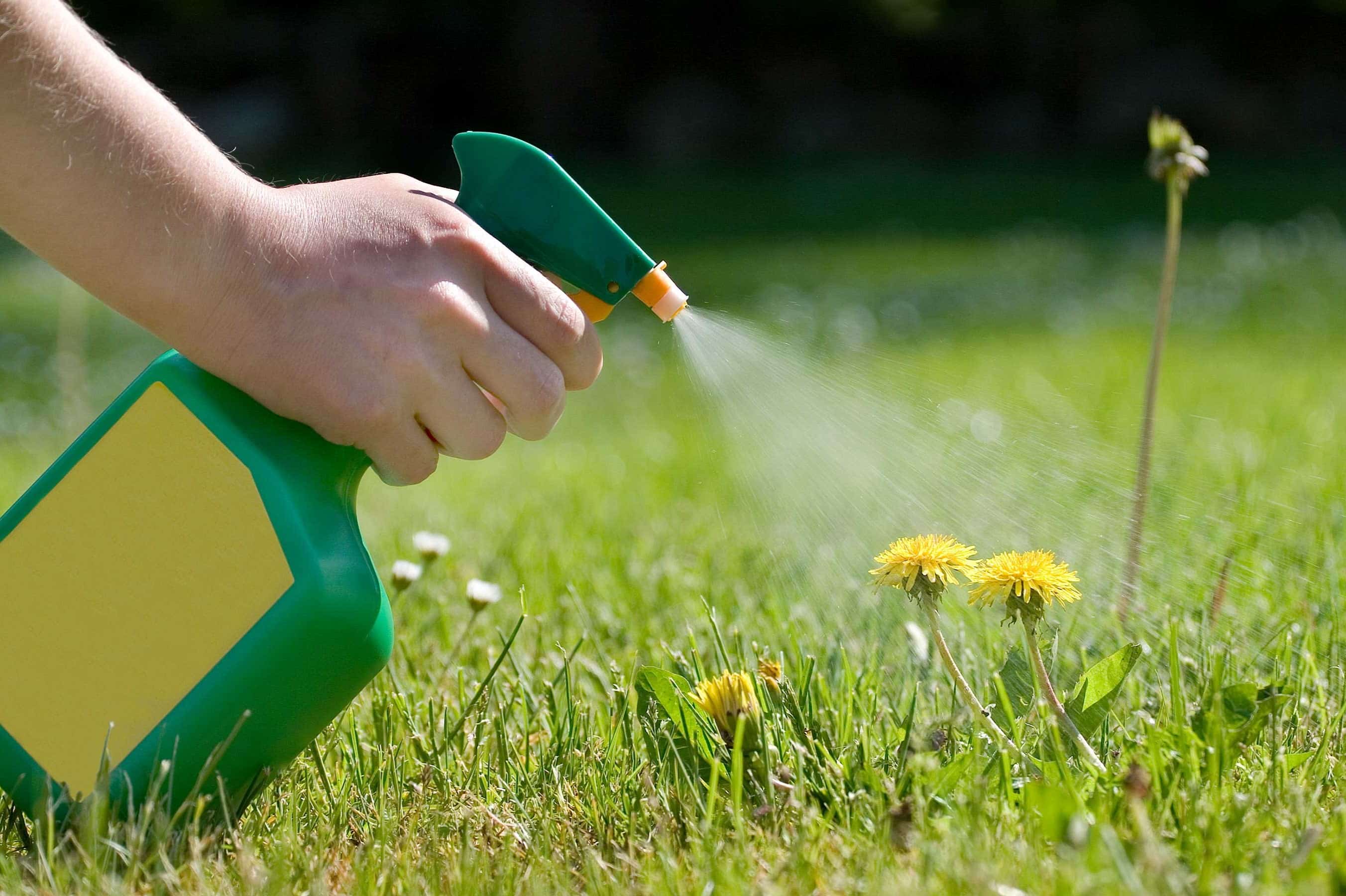
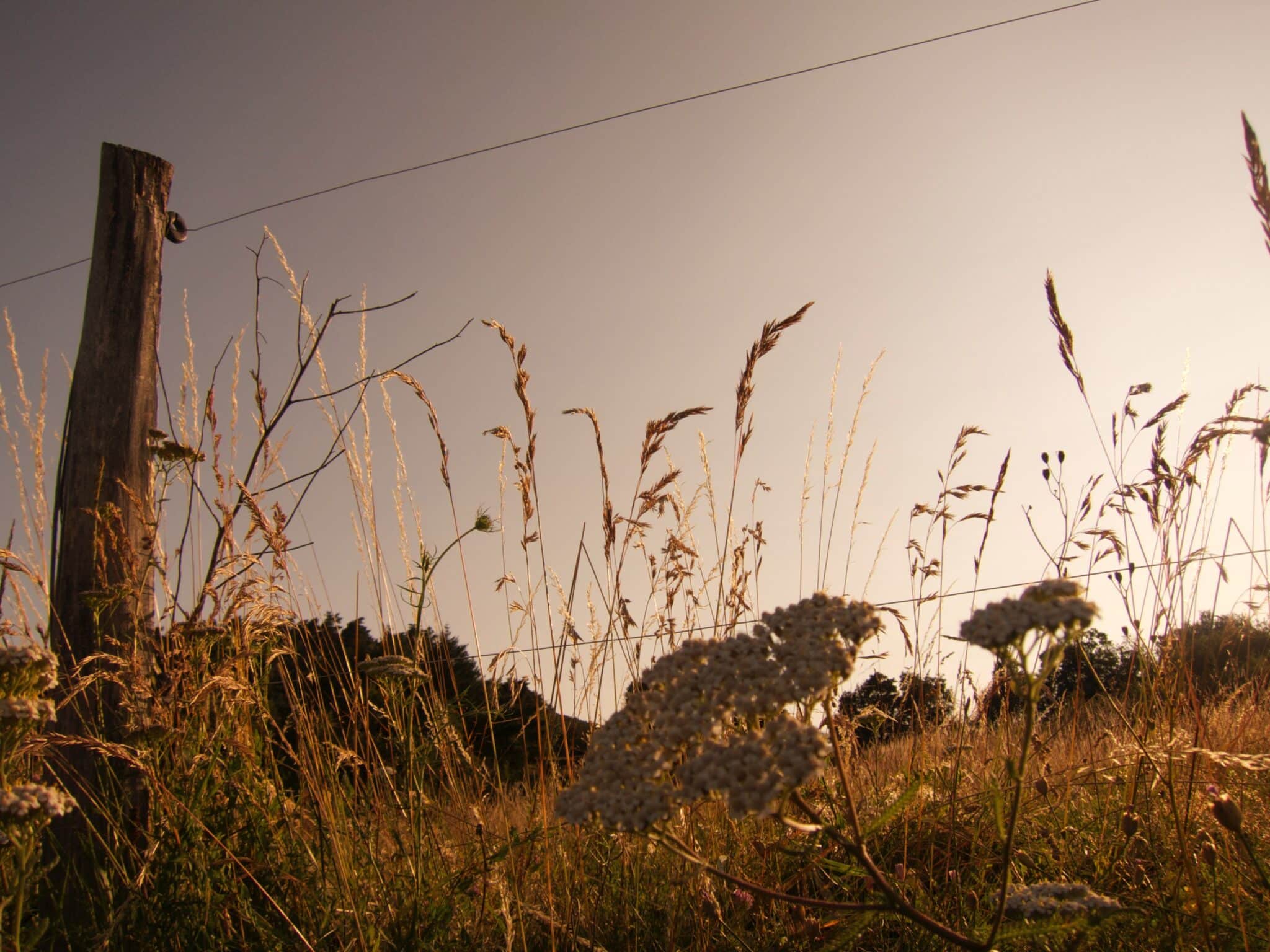
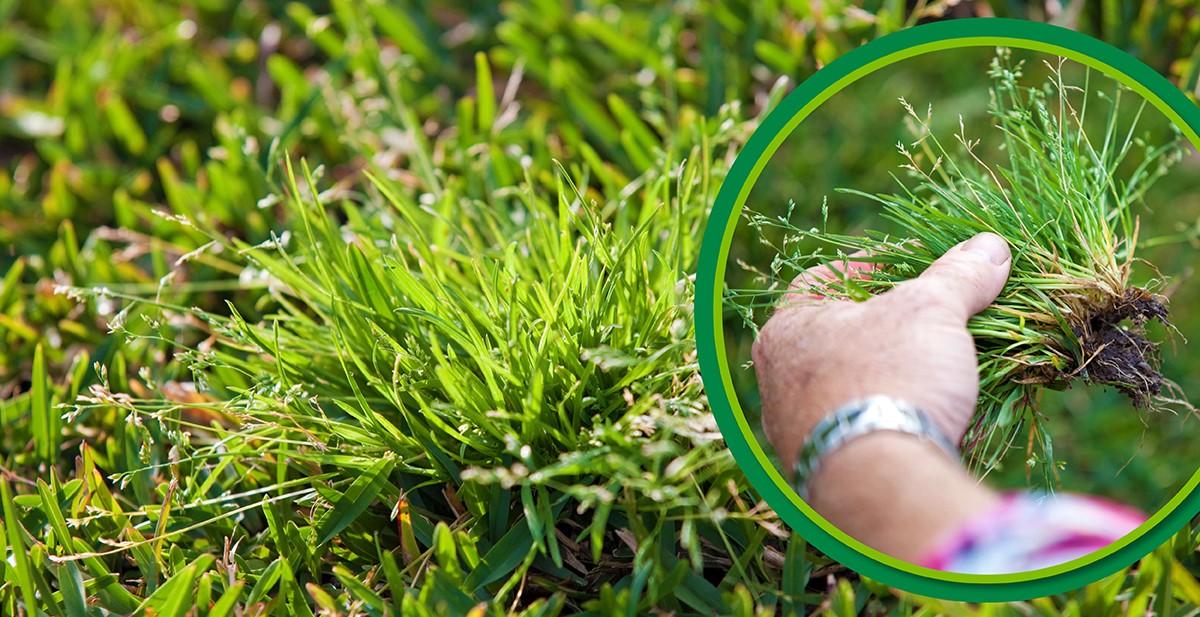
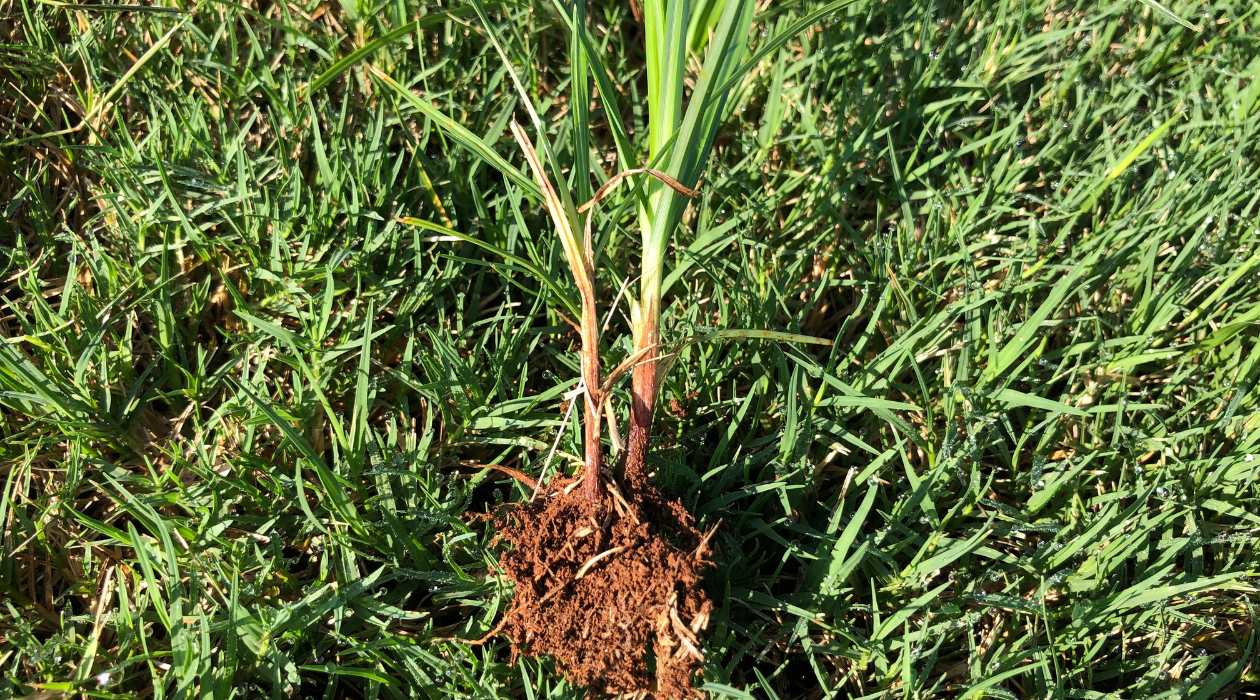
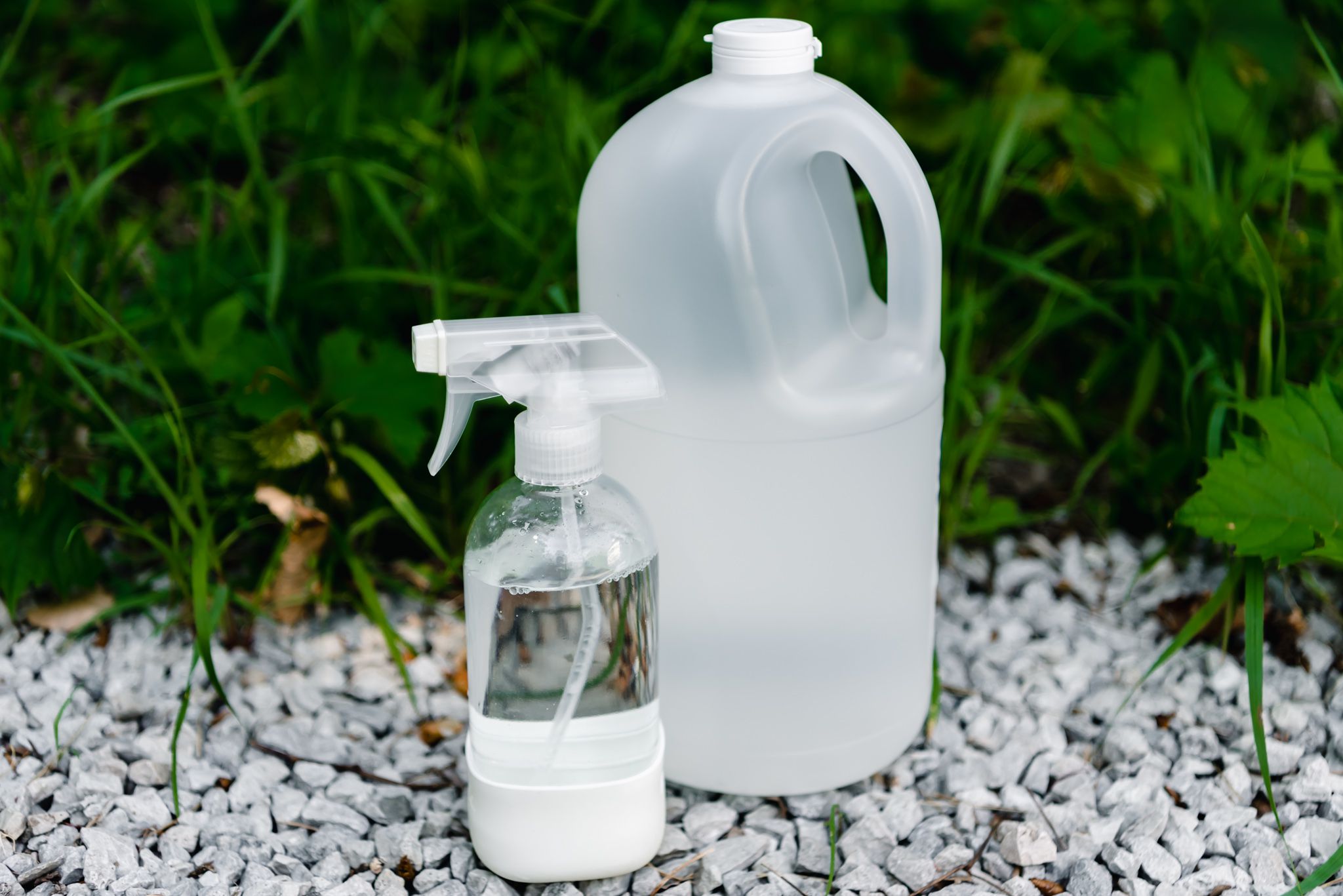
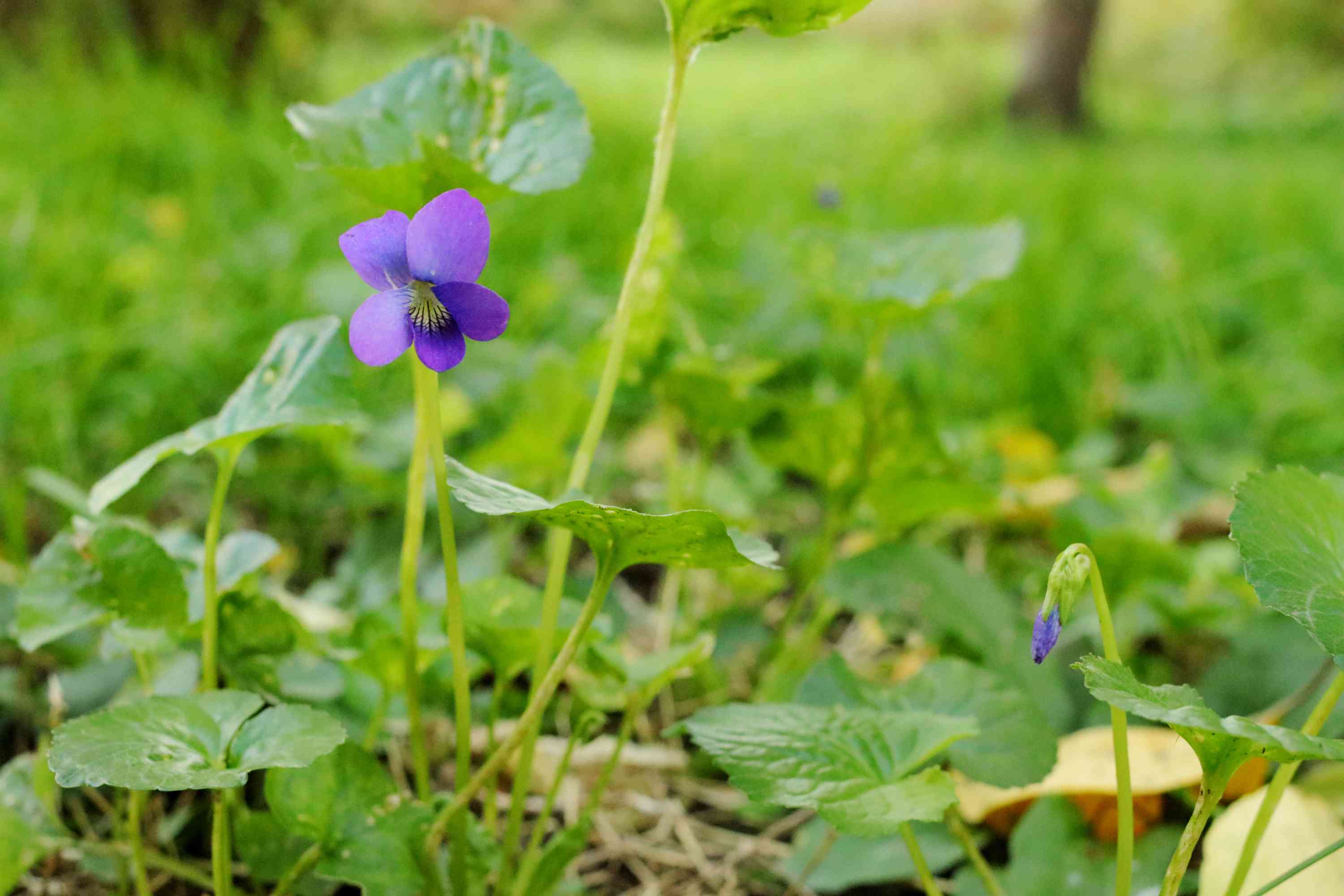

0 thoughts on “What Kind Of Vinegar Kills Grass”